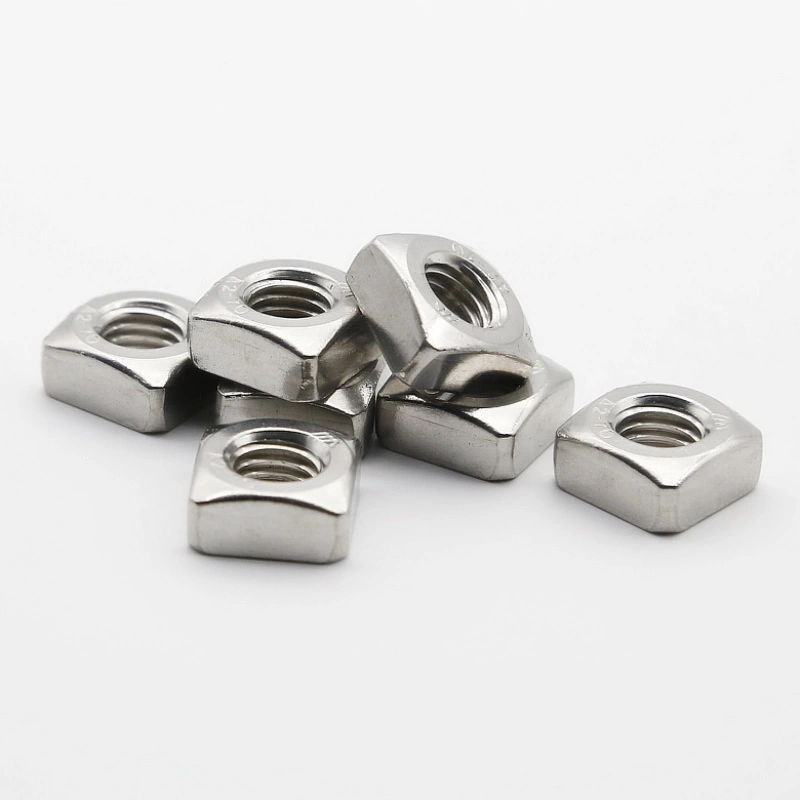

hot dipped screws
Nov . 14, 2024 18:12 Back to list
hot dipped screws
Understanding Hot Dipped Screws A Comprehensive Overview
Hot dipped screws are an essential component in various construction and manufacturing applications, known for their superior corrosion resistance and strength. As technology and engineering evolve, so do the materials and processes used in the production of screws, leading to enhanced performance in challenging environments. This article delves into the specifics of hot dipped screws, highlighting their production process, advantages, applications, and considerations for use.
What Are Hot Dipped Screws?
Hot dipped screws are fasteners that are coated with a layer of zinc through a process known as hot dipping. This method involves submerging the screws in molten zinc, resulting in a robust and durable coating. The zinc not only provides a protective barrier against moisture and corrosive elements but also enhances the aesthetic appeal of the screws. Unlike electroplated screws, which use a thin zinc layer, hot dipped screws offer a thicker coating, making them particularly suitable for outdoor and marine applications.
The Hot Dipping Process
The hot dipping process begins with the cleaning of screws to remove any grease, oil, and rust. This is typically done using an acid solution that ensures a clean surface for optimal adhesion of the zinc. Once cleaned, the screws are heated, often to temperatures of around 500°C (932°F). After this, they are dipped into a large vat of molten zinc, where the heat causes the zinc to metallurgically bond with the steel of the screws.
After the dipping process, the screws are cooled, resulting in a hard, protective layer. The thickness of this layer can be controlled based on the application's requirements. After the screws have cooled and dried, they undergo quality checks to ensure that they meet the necessary standards before being packaged for distribution.
Advantages of Hot Dipped Screws
1. Corrosion Resistance One of the primary benefits of hot dipped screws is their exceptional resistance to corrosion. The thick layer of zinc acts as a sacrificial anode, meaning it will corrode preferentially to the underlying steel, extending the life of the screw in corrosive environments.
2. Durability Hot dipped screws can withstand harsh weather conditions, making them ideal for outdoor and marine applications. Their robust coating is less likely to chip or flake compared to other finishes.
hot dipped screws

4. Cost-Effectiveness Although the initial cost of hot dipped screws may be higher than that of standard screws, their longevity and durability can lead to lower overall costs due to reduced maintenance and replacement needs.
5. Environmental Impact Zinc is a naturally abundant resource, and the hot dipping process is environmentally favorable, producing minimal waste compared to other coating methods.
Applications of Hot Dipped Screws
Hot dipped screws are used across various industries, including construction, automotive, and marine sectors. They are commonly employed in - Building Structures For fastening materials that are exposed to the elements, such as roofing and siding. - Outdoor Furniture In furniture that must withstand outdoor conditions without succumbing to rust. - Marine Industry In boats and other marine applications where resistance to saltwater corrosion is critical. - Electrical Enclosures Where moisture protection is essential to maintain the integrity of electrical connections.
Considerations for Use
When selecting hot dipped screws for a project, it is essential to consider the specific requirements of the application. Factors such as load-bearing capacity, the environment in which the screws will be used, and compatibility with other materials should be taken into account. It's also critical to understand the local building codes and regulations regarding fasteners to ensure compliance.
Additionally, while hot dipped screws are highly resistant to corrosion, their performance can be affected by factors such as improper installation or exposure to harsh chemicals. Therefore, it is advisable to adhere to best practices in installation and maintenance.
Conclusion
Hot dipped screws are a vital component in many industries, offering superior corrosion resistance and durability. Their production process ensures a strong protective layer that meets the demands of the most challenging environments. As construction and manufacturing continue to advance, the importance of using high-quality fasteners like hot dipped screws cannot be overstated. By understanding their advantages and applications, professionals can make informed decisions that enhance the longevity and reliability of their projects.
Latest news
-
High-Strength Hot Dip Galvanized Bolts - Hebei Longze | Corrosion Resistance, Customization
NewsJul.30,2025
-
Hot Dip Galvanized Bolts-Hebei Longze|Corrosion Resistance&High Strength
NewsJul.30,2025
-
High-Strength Hot-Dip Galvanized Bolts-Hebei Longze|Corrosion Resistance&High Strength
NewsJul.30,2025
-
Hot Dip Galvanized Bolts-Hebei Longze|Corrosion Resistance&High Strength
NewsJul.30,2025
-
Hot Dip Galvanized Bolts - Hebei Longze | Corrosion Resistance, High Strength
NewsJul.30,2025
-
High-Strength Hot Dip Galvanized Bolts-Hebei Longze|Corrosion Resistance, Grade 8.8
NewsJul.30,2025

